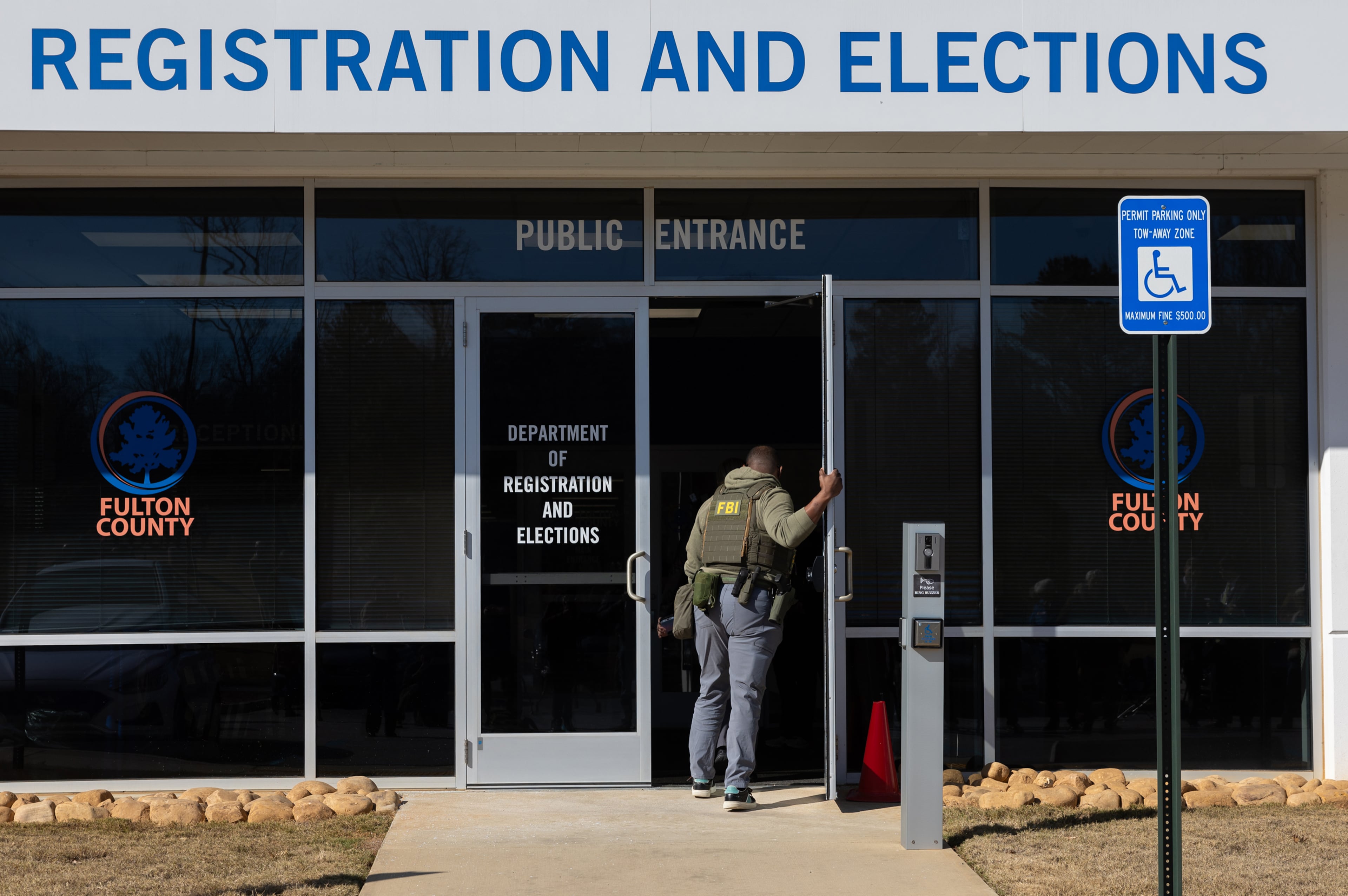Pokeweed is a signature plant of the South

While tromping earlier this week through some open, sunny woods near my home in Decatur, I found myself bushwhacking through a dense colony of pokeweed bushes more than six feet high.
The lush growth stretched more than 200 feet and I thought it would never end. But, then, as is often the case, I found myself stopping to admire the pokeweed flowers and berries now in various stages of ripening. Many of the berries already have turned a mature dark purple.
Pokeweed has been called one of the South’s signature plants. Anyone who has spent time in the region probably is familiar with pokeweed. In Georgia, it’s a ubiquitous native shrub that grows in sunny areas of woods, roadsides, fencerows, fields and backyards. Many people, especially gardeners, regard it as a weed.
It’s also known as poke salad (or poke sallet) because in spring some people make a salad from its tender green shoots, which must be carefully washed and cooked to remove poisons. Louisiana songwriter Tony Joe White made poke salad famous in his 1968 hit, “Poke Salad Annie.” Elvis Presley also sung and recorded the tune.
However, if you aren’t knowledgeable about pokeweed, the best advice is to avoid consuming any part of it because all of it is poisonous to humans. Even so, it has been used in some herbal remedies, and its red juice once was used widely as a dye and as an ink. Researchers now are investigating pokeweed extracts for possible anti-viral properties.
Though toxic to humans, pokeweed berries are an invaluable food source in late summer and autumn for many wild creatures, especially for birds and particularly mourning doves and bobwhite quail. This time of year, several migratory songbird species start gobbling up the berries to gain energy for their long journeys to winter grounds in Latin America.
IN THE SKY: From David Dundee, Tellus Science Museum astronomer: The biggest sky news, of course, is the solar eclipse that will occur on Monday. It begins at 1:04 p.m. and reaches a maximum at 2:35 p.m.
The moon will be new on Monday. Mercury and Jupiter are low in the west just after sunset. Jupiter will appear near the moon on Thursday night. Venus rises in the east two hours before dawn. Saturn is high in the east at dusk.

